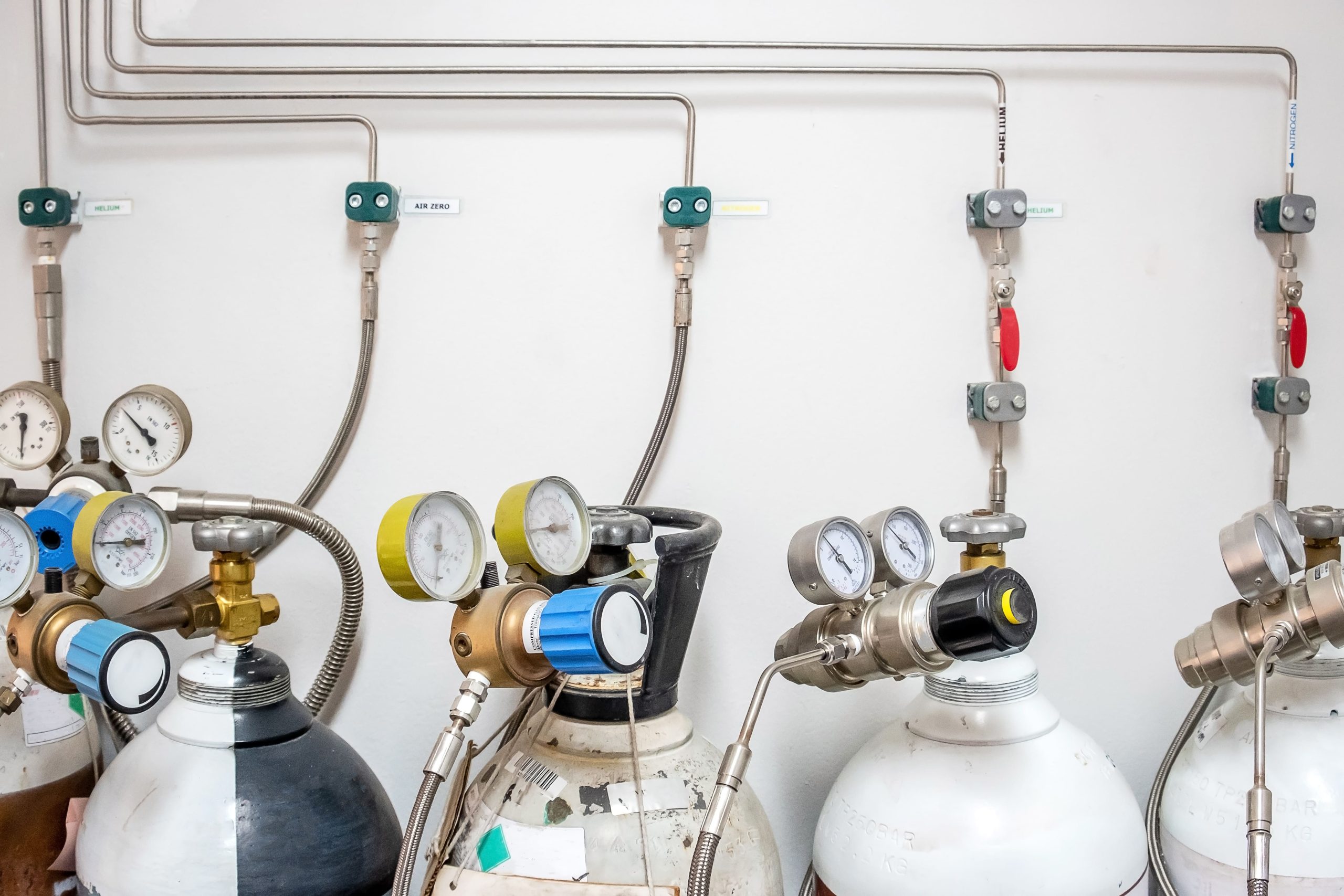
Sequencing Reagents Market in Saudi Arabia – Driving Genomics and Precision Medicine
Saudi Arabia is steadily positioning itself as a regional leader in life sciences and biotechnology, with genomics and precision medicine playing a crucial role in this transformation. A core element that powers this revolution is the use of sequencing reagents. These chemical solutions drive next-generation sequencing (NGS) technologies, which are essential for analyzing genetic information at unprecedented accuracy and scale. Sequencing reagents directly influence the quality of results in research, clinical diagnostics, and industrial applications.
Importance of Sequencing Reagents
Sequencing reagents are not ordinary laboratory chemicals; they are carefully engineered formulations that allow each step of the sequencing workflow to occur seamlessly. From DNA/RNA extraction and library preparation to amplification, labeling, and signal detection, reagents ensure that each stage delivers reproducible and high-quality results. In Saudi laboratories, where precision and compliance with international standards are critical, sourcing reliable sequencing reagents has become a top priority. Institutions such as the Saudi Human Genome Program and the King Abdullah International Medical Research Center (KAIMRC) rely on advanced reagent systems to support large-scale sequencing projects that aim to understand genetic diseases prevalent in the region.
Market Growth and Statistics
Recent market insights highlight the rapid rise of sequencing reagent demand in Saudi Arabia. In 2024, the market size was valued at approximately USD 29.9 million, and it is projected to reach nearly USD 77.4 million by 2030. This reflects an impressive compound annual growth rate (CAGR) of 17%, making sequencing reagents one of the fastest-growing segments in Saudi biotechnology. The growth is driven by multiple factors:
- Expansion of genomics research programs supported by government and private sector investments.
- The rise of personalized medicine initiatives, where treatments are customized based on an individual's genetic profile.
- A surge in oncology diagnostics, where sequencing is becoming central to early cancer detection and therapy planning.
- Vision 2030 initiatives that encourage localization of biotechnology manufacturing and advanced research within the Kingdom.
Applications of Sequencing Reagents in Saudi Arabia
1. Clinical Diagnostics – Sequencing reagents are widely used in hospitals and diagnostic laboratories for identifying genetic disorders, infectious diseases, and cancer biomarkers.
2. Pharmacogenomics – Customized treatment plans are now possible in Saudi healthcare facilities, where sequencing reagents enable clinicians to match drugs to patient genetics.
3. Agricultural Genomics – Saudi researchers apply sequencing reagents to improve crop resistance, livestock breeding, and food security.
4. Research & Development – Universities and biotech startups rely on sequencing reagents for advancing fundamental science and applied projects.
Challenges and Opportunities
Despite growth, challenges remain. Import dependency, high costs, and supply chain disruptions often limit accessibility. However, opportunities lie in developing local production facilities for sequencing reagents, ensuring long-term sustainability. Partnerships between global reagent manufacturers and Saudi research centers are expected to increase, aligning with government goals of achieving greater scientific independence.
Conclusion
The Saudi Arabian sequencing reagents market is entering a golden era of expansion. With strategic investments, supportive regulations, and growing healthcare needs, the demand for high-quality sequencing reagents will continue to rise. Suppliers who prioritize quality assurance, efficient distribution, and regulatory compliance will be best positioned to thrive.





